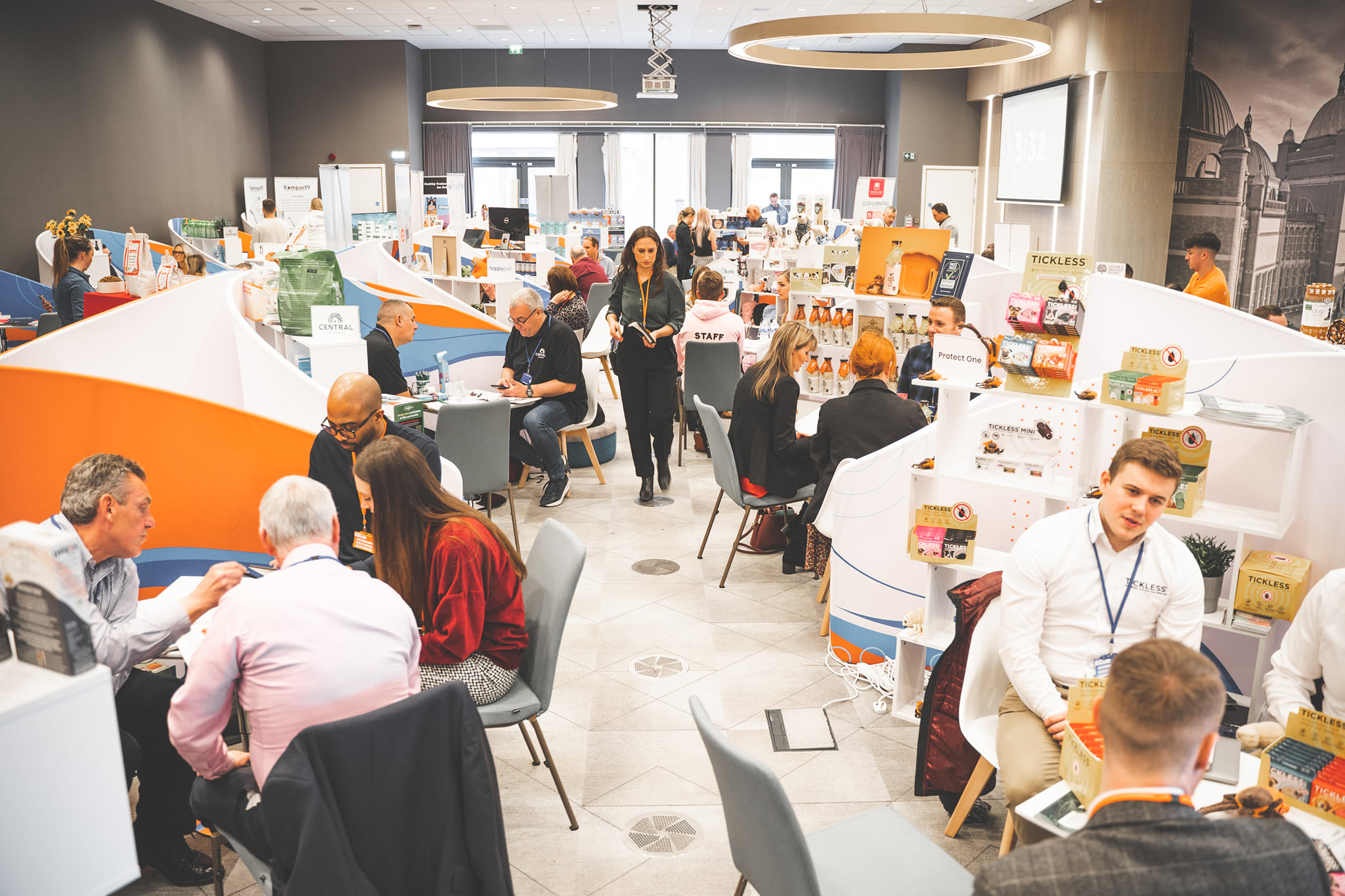How we calculate our Huddles’ carbon emissions, with an aim to reach Net Zero

As we work towards Net Zero goals, we are committed to take responsibility for the carbon footprint of our activities. We are disclosing the total amount of carbon calculated per event, and sharing a summary of our activities planned for reducing emissions.
At Product Guru, we understand the urgent need from all businesses to transition towards Net Zero emissions, and we are fully committed to minimise carbon impact throughout all our activities, including our live events.
There's no doubt that, from an environmental point of view, events can be problematic; cause thousands of tonnes of waste, use huge amounts of energy, and prompt an increase in Co2 emissions.
We are on a mission to reduce carbon emissions across all main sources involved in our Huddles events: travel, hospitality, catering and powering the venue. As we take full responsibility for the carbon footprint of our activities, we recognise that disclosing the total amount of carbon calculated is an important step towards achieving Net Zero, as well as detailing our activities planned for reducing emissions.
Carbon Emissions
We have calculated an average of carbon emission for our Huddles events based on our Birmingham and Manchester events, and using the following actual data:
- Average of 80 participants per each two-day event
- Transportation of furniture and equipment
- Catering
- Accommodation
- Printing
- Recycling
Average carbon footprint per Huddle event: 24.6 tonnes
Summary of emission reduction activities
Based on our calculations of carbon emissions using actual data from our events, we calculated what we would need to offset, and here’s what we are planning to do going forward:
- Offsetting by planting trees: We are planning to plant over 400 trees. We have chosen to donate to the Mangrove Planting in Madagascar project following each of our events to work towards our transition to Net Zero.
- Location of events: We are choosing locations with great public transport links, and will incentivise attendees to choose these options.
- Venue: We are choosing venues that possess the right eco-friendly credentials, with clearly-stated environmental policies. Working with venues that support sustainable practices will help us to reduce our carbon footprint and minimise our impact.
- Catering and ethical coffee breaks: We are working with caterers who take waste management seriously. We are avoiding plastic packets for snacks, and disposable cups for drinks. We have high expectations of suppliers and guests to make food and coffee breaks stand out for their green credentials.
- Printing: We have and will continue to use recycled paper or card for our print material as much as possible, using vegetable-based inks, and supplied by local vendors to keep delivery emissions low. We will reuse display materials wherever possible, especially those that can’t be recycled, by avoiding date printing and other time-specific imagery and language.


